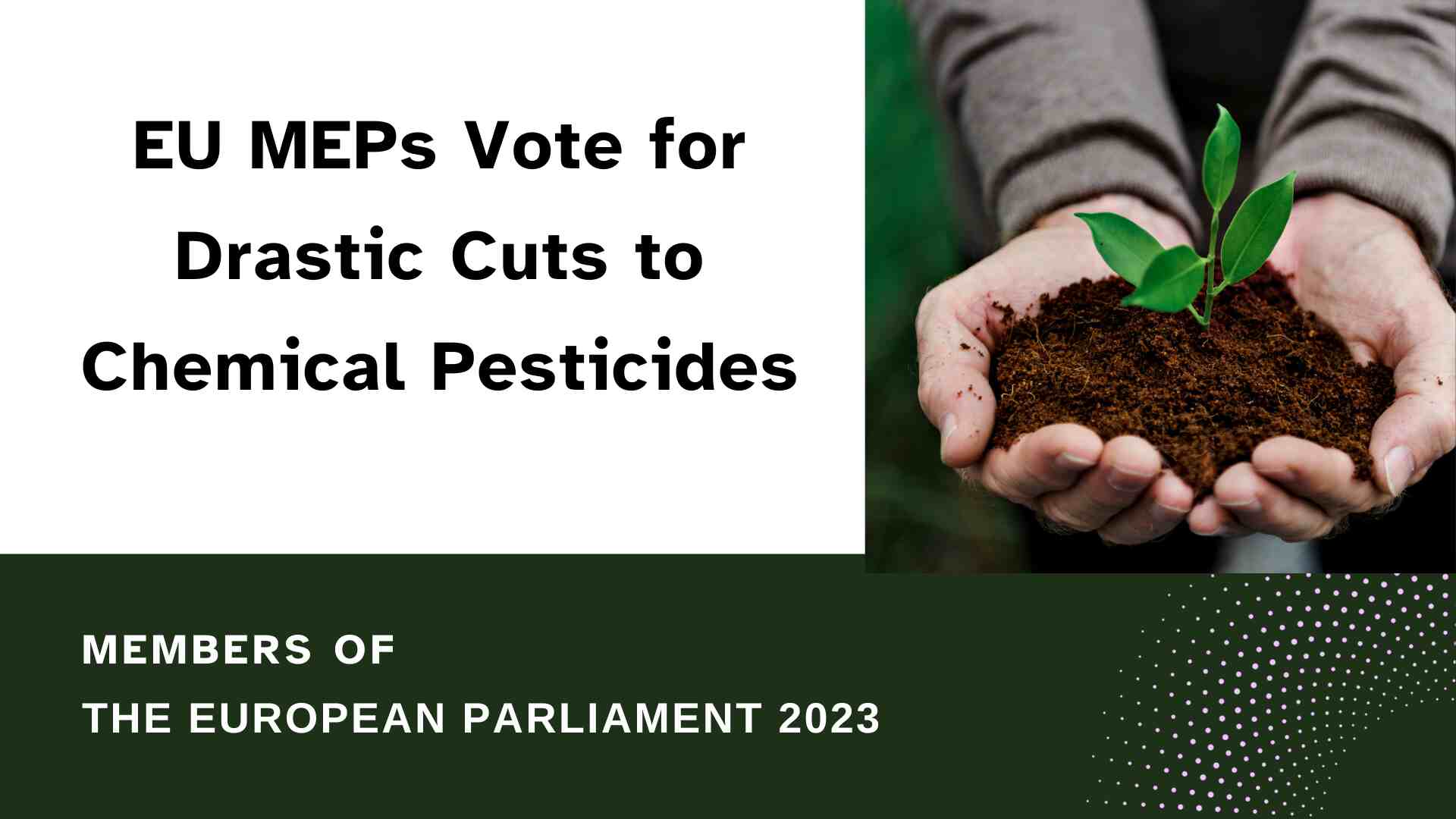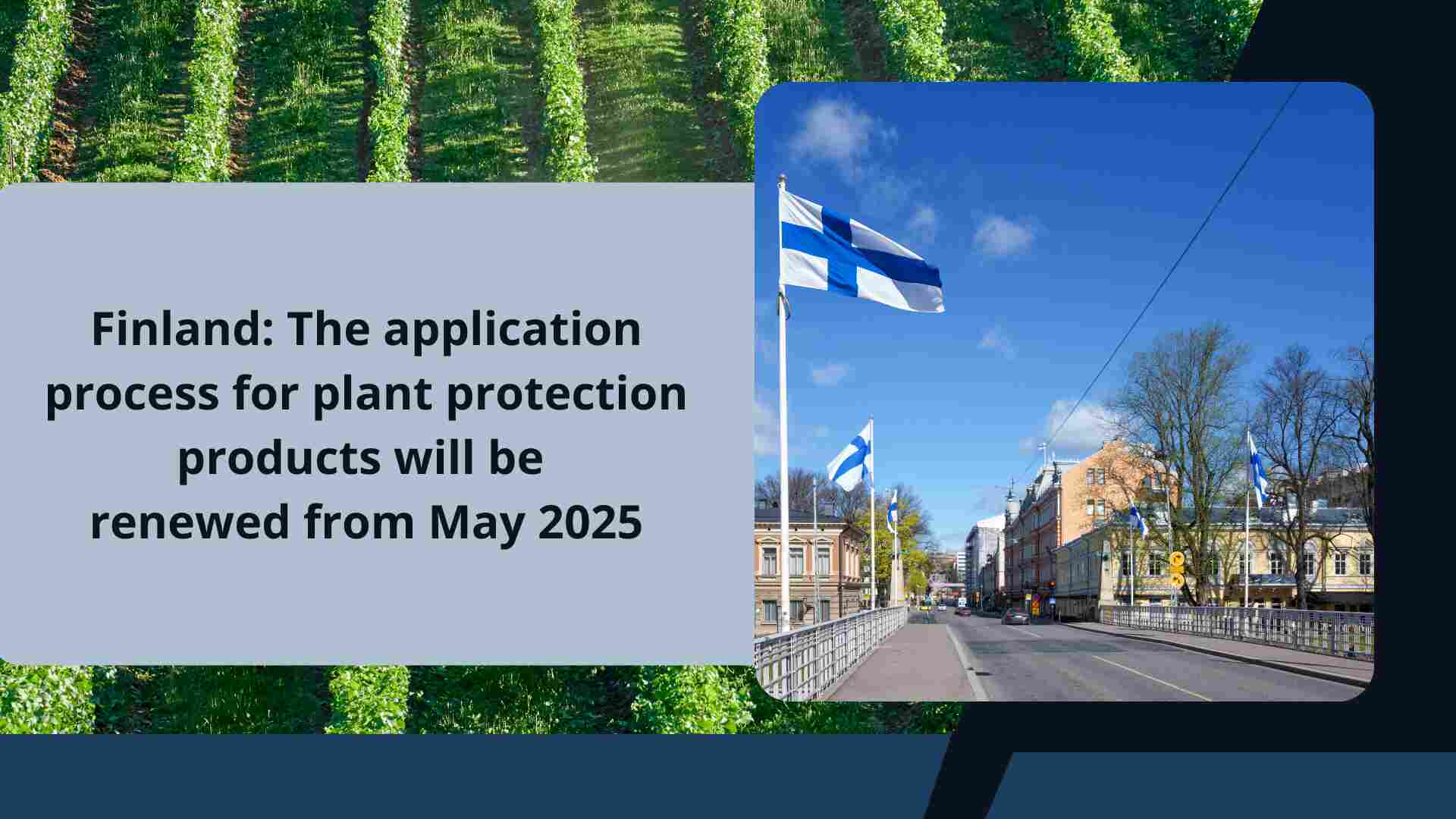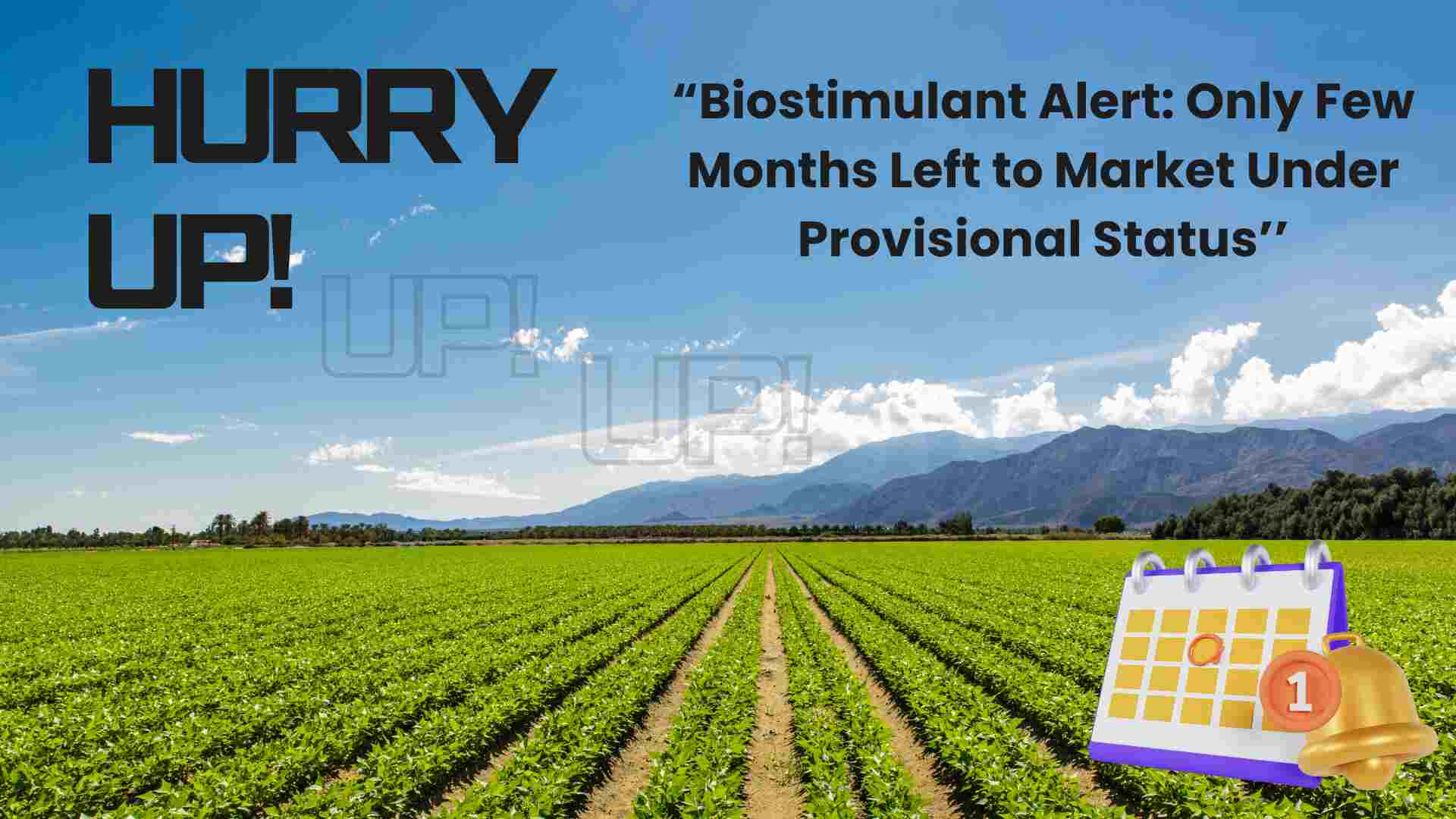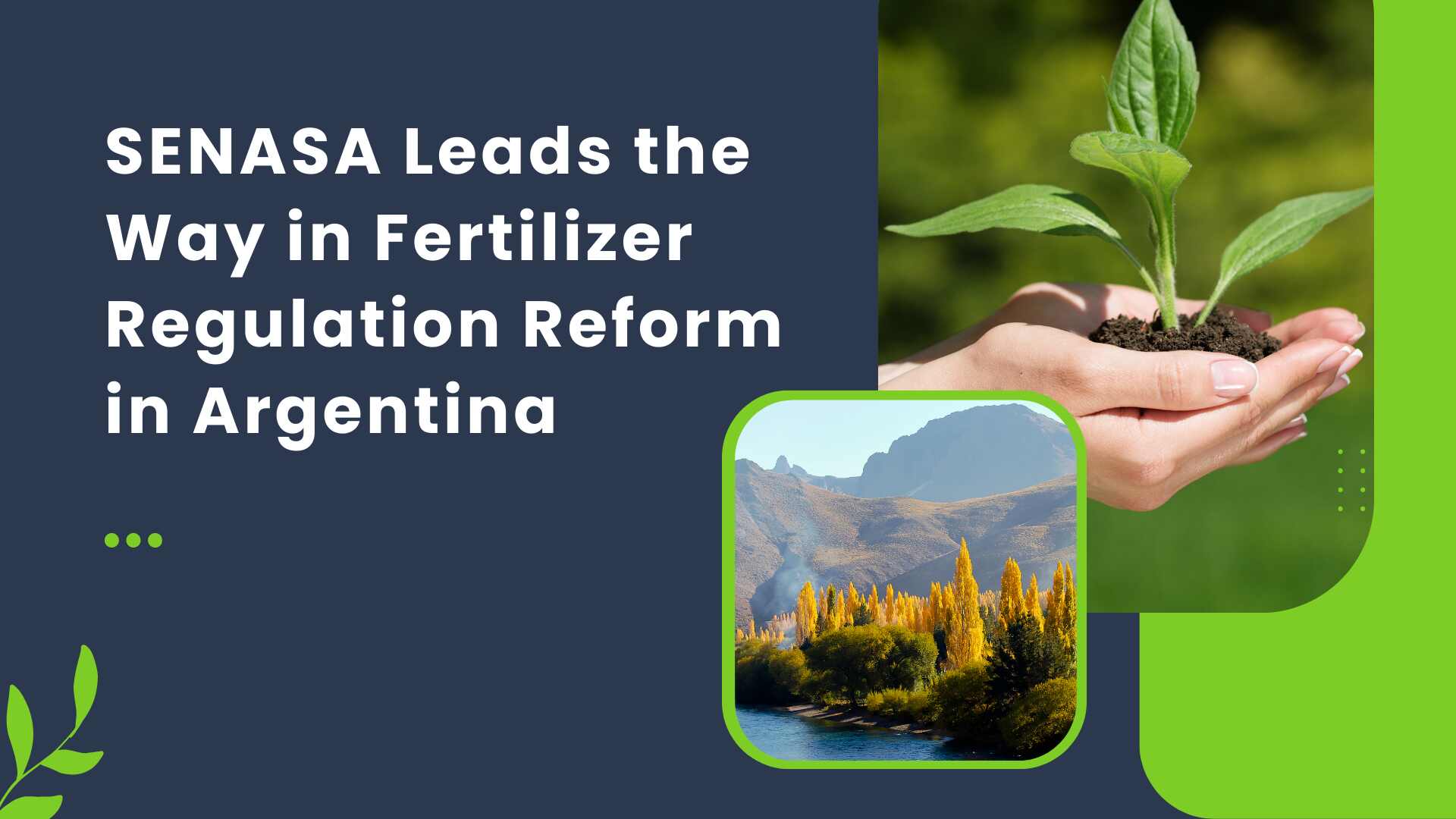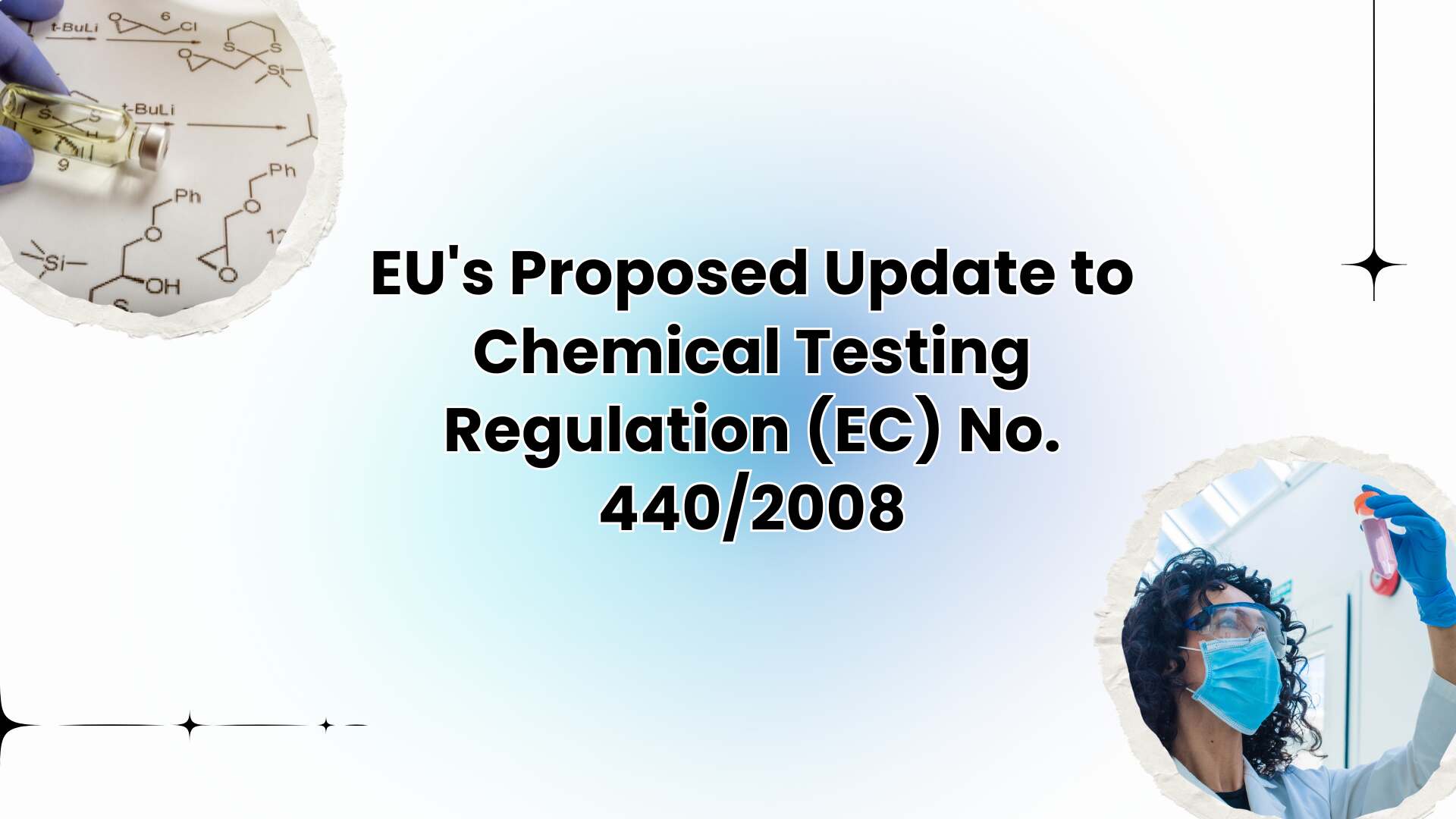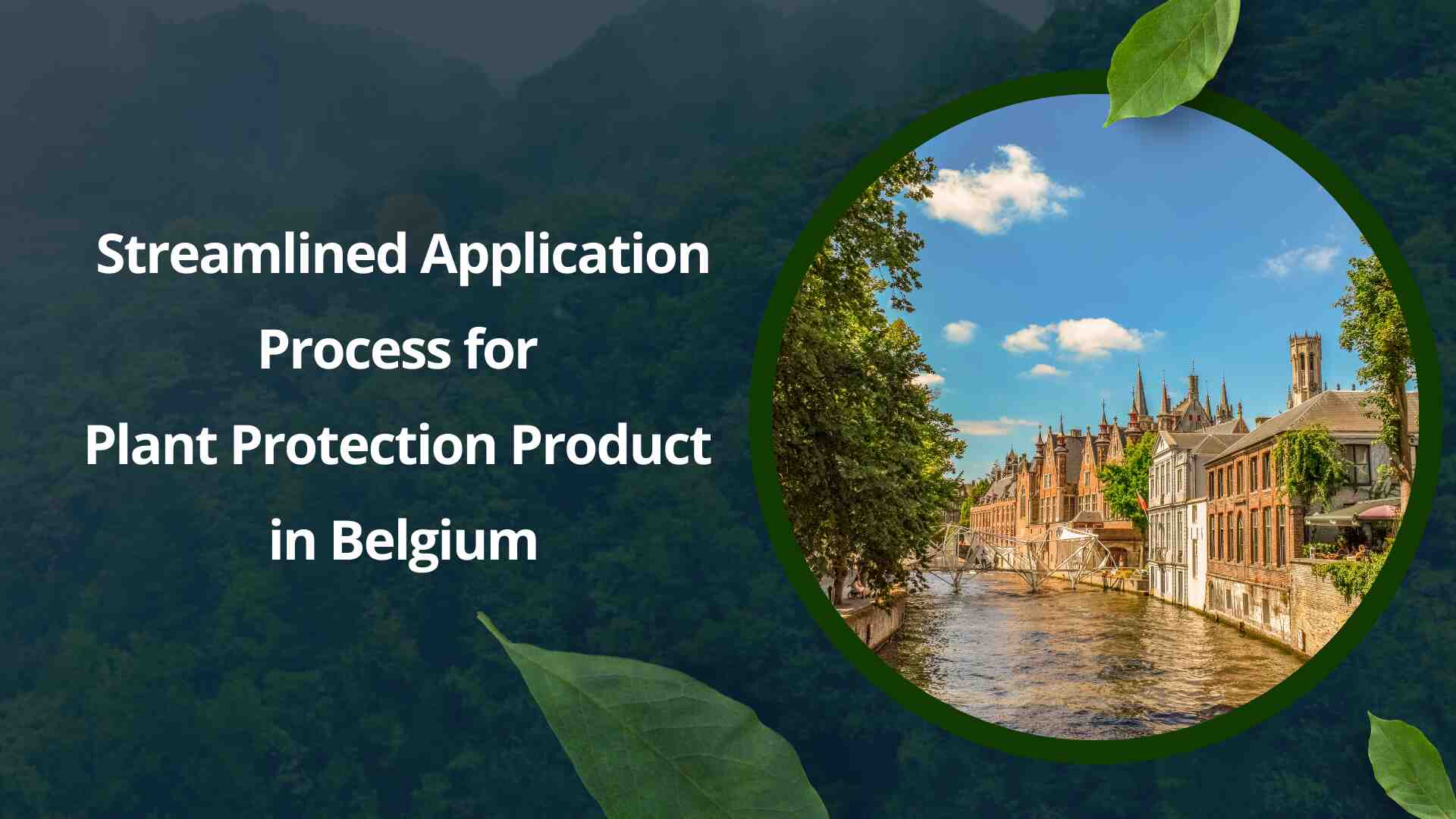The members of the European parliament have endorsed its position on measures that should be taken to ensure sustainability in the use of pesticides as well as reduce the use and risk of all chemical pesticides by at least 50% by 2030. The new EU 2030 target is to increase the sales of low-risk pesticides.
MEPs also urged the European Commission to establish the resolution is a significant step forward in the EU’s efforts –
- · To reduce its reliance on chemical pesticides.
- · Pesticides have been linked to several health and environmental problems, including water pollution, biodiversity loss, and cancer.
- · The new rules will aid in the protection of human health and the environment, as well as the transition to more sustainable agricultural practices.
Measure Includes –
- A legally enforceable goal to cut the use of chemical pesticides and associated risks by at least 50% by 2030, as well as the use of the most dangerous pesticides by 65%.
- Prohibiting the use of chemical pesticides in delicate areas, like protected Natura 2000 areas and urban green spaces.
- A mandate that crop-specific regulations be put in place by EU member states to minimize the use of chemical pesticides on the five crops where it would have the greatest effect.
- To encourage low-risk pesticide use, Integrated Pest Management (IPM), and to limit the use of chemical pesticides as a last resort in EU member states.
- A goal to raise low-risk pesticide sales by 30% by 2030.
- A mandate that the European Commission look into how imported agricultural and agri-food products differ from EU produce in terms of pesticide use and suggest ways to guarantee imports adhere to EU-equivalent standards.
- · A ban on the export of pesticides that have not received EU approval.
Rapporteur Sarah Wiener (Greens, AT) quoted, “This vote brings us one step closer to significantly reducing chemical pesticide use by 2030. It is very positive that we were able to agree on feasible compromises in an ideologically charged and industry-dominated discussion. Practical solutions have been found for example on sensitive areas where member states can make exceptions if needed. It was particularly important for me to ensure that independent advice on preventive measures based on integrated pest management would be offered free of charge to European farmers.”
Next Steps
The European Parliament will now vote on the mandate it has been given to negotiate with EU member states. The new rules are set to go into effect in 2025.

